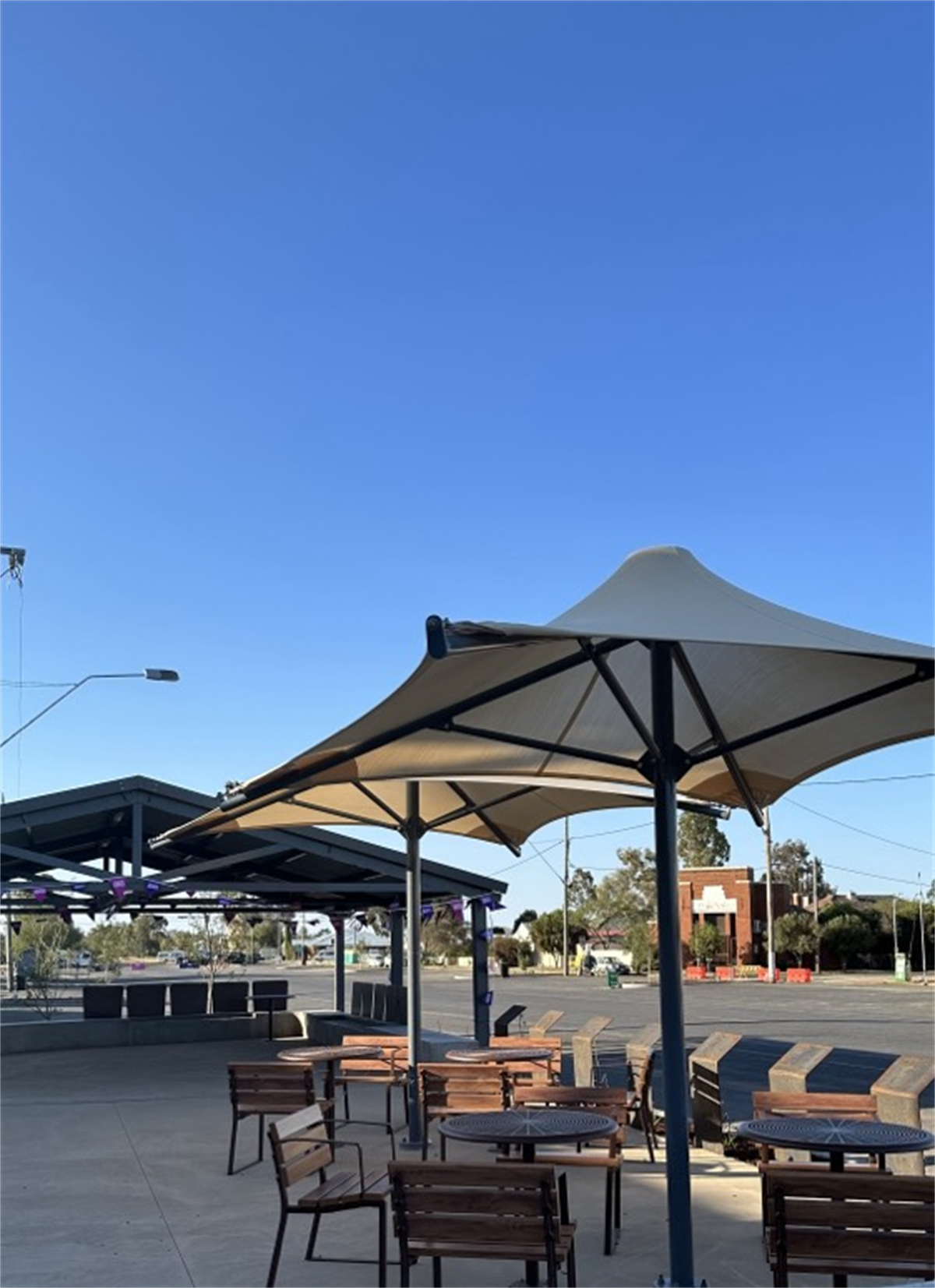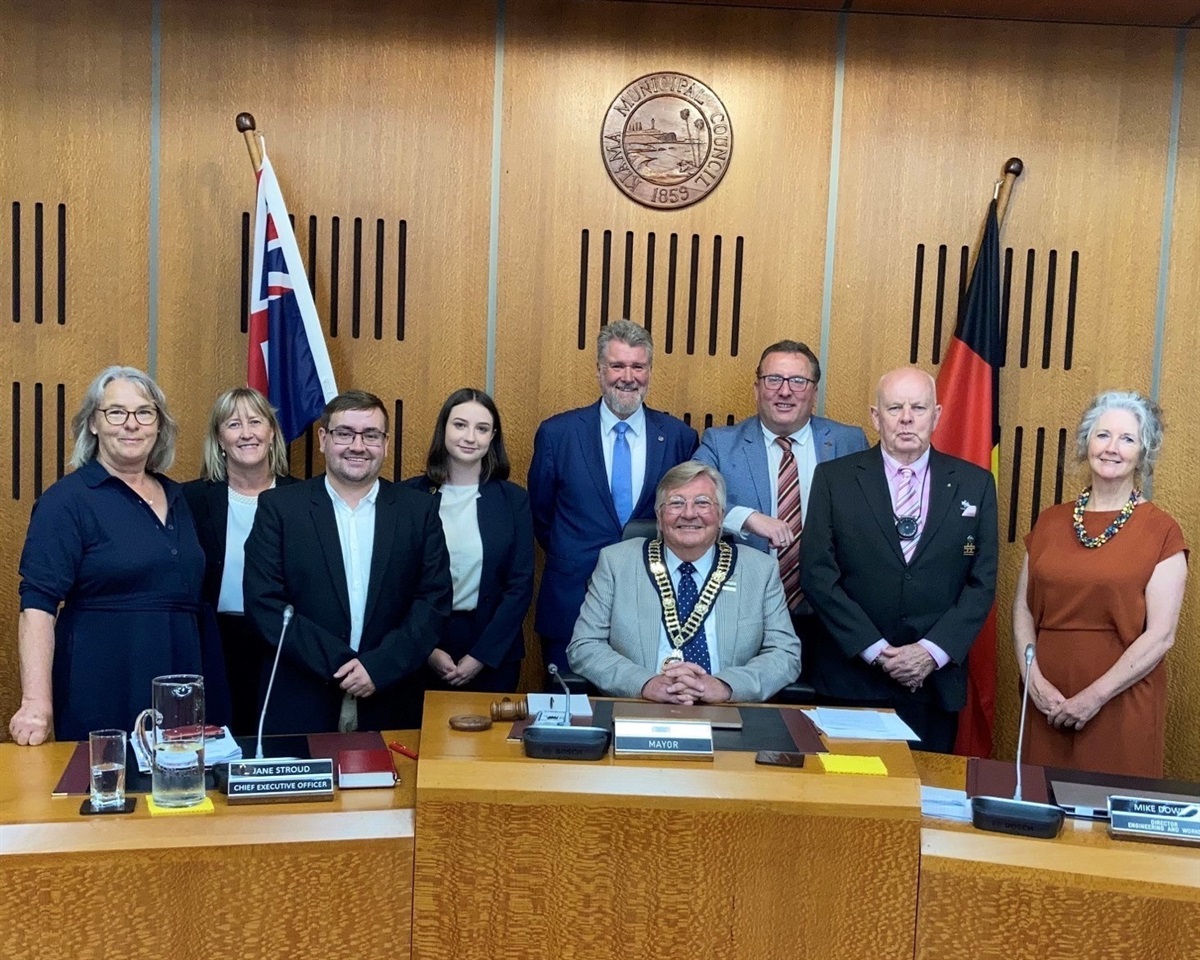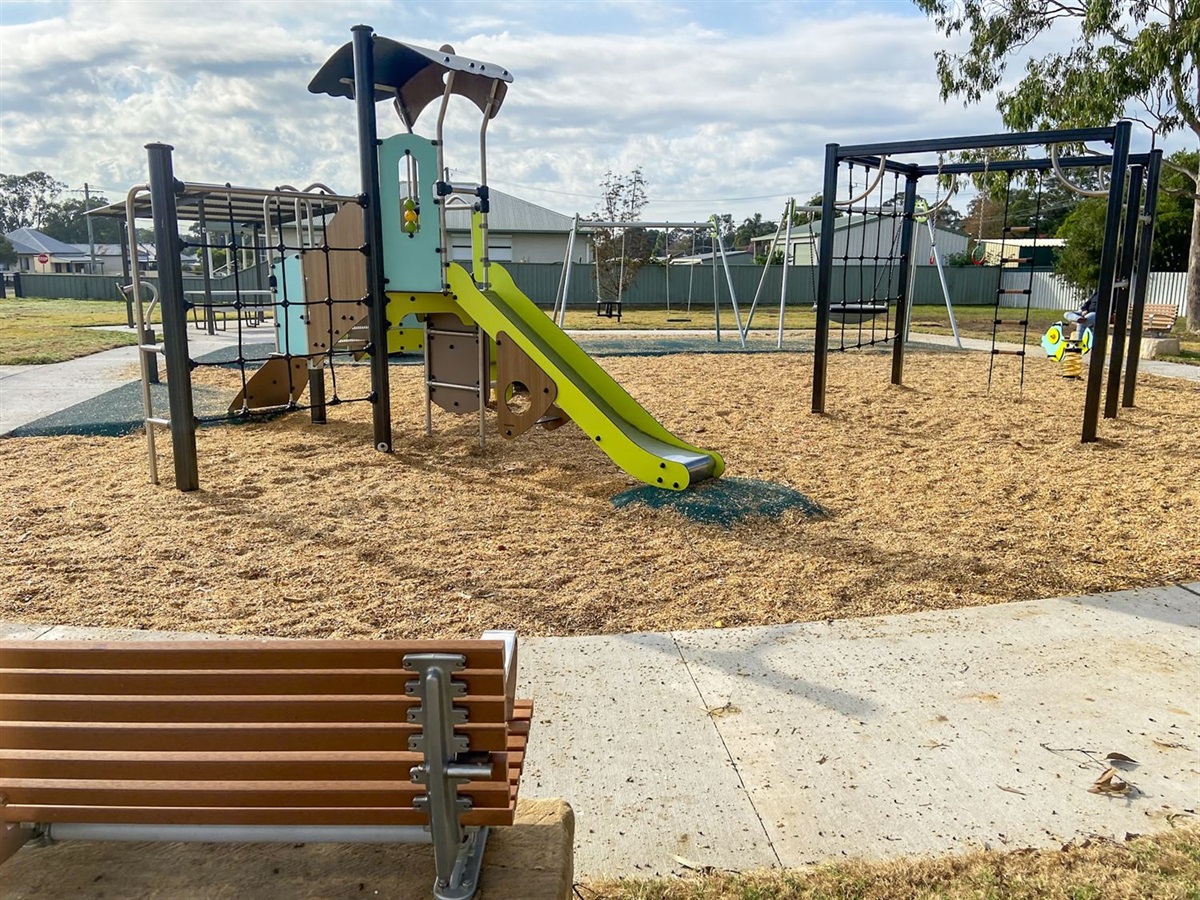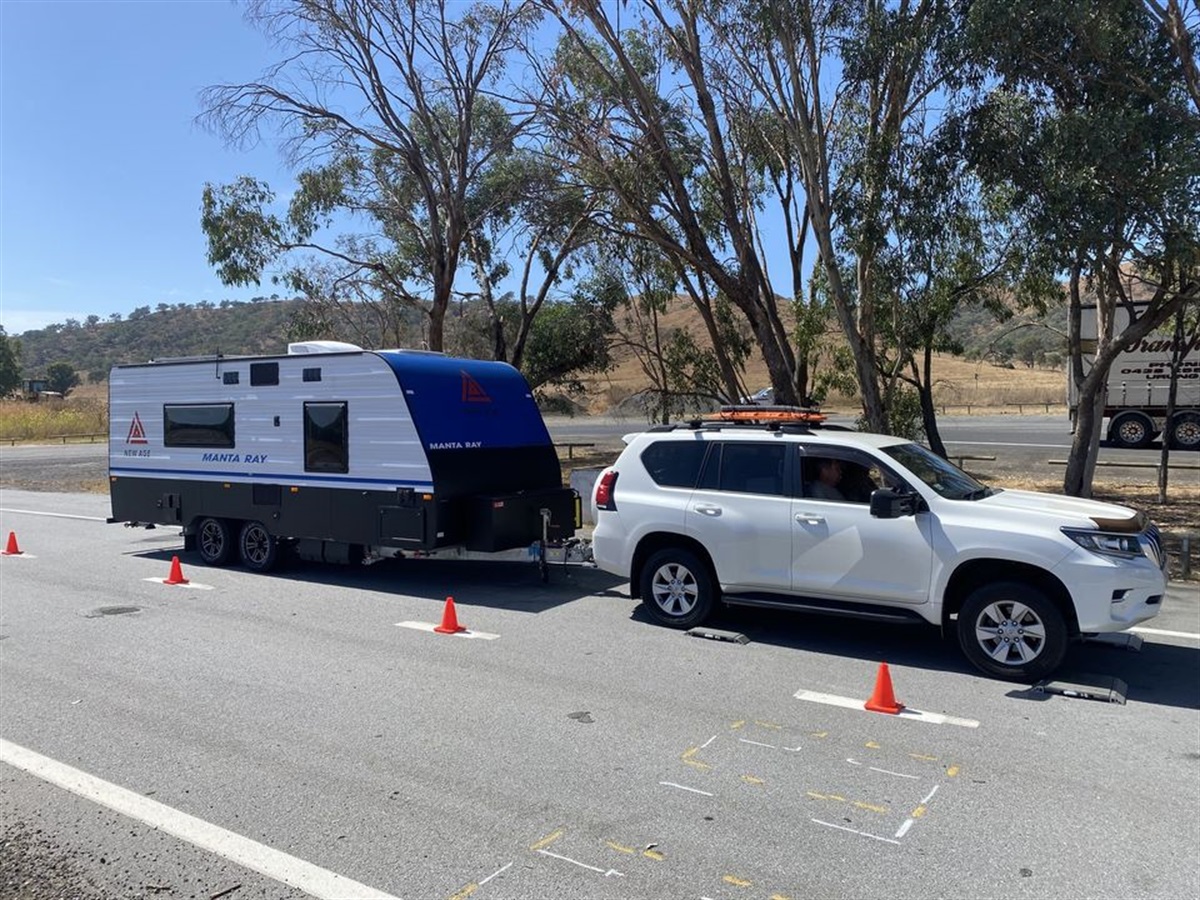The Morrison Government has welcomed the latest Australian Early Development Census (AEDC) that shows Australian children have been remarkably resilient during the COVID-19 pandemic.
The census is a national progress measure for child development conducted every three years. More than 305,000 children (95.5 per cent) were included in the census during their first year of full-time schooling in 2021.
Despite the huge disruption because of COVID-19, the data – which provides an indication of children’s development progress and vulnerability – showed the pandemic only had a slight impact:
- Children assessed as developmentally vulnerable on one or more domains increased slightly from 21.7 per cent in 2018 to 22 per cent in 2021
- Children assessed as developmentally vulnerable on two or more domains increased slightly from 11 per cent in 2018 to 11.4 per cent in 2021
- Children who were on track on five domains decreased marginally from 55.4 per cent in 2018 to 54.8 per cent in 2021.
Acting Minister for Education and Youth Stuart Robert said communities, the education sector, families and children had shown enormous resilience and flexibility in unprecedented times.
‘We know that the COVID-19 pandemic has been a disruptive time for families, with many impacted by lockdowns and child care or school closures,’ Minister Robert said.
‘These results show why the Morrison Government is so focused on investing in the early years and providing access to high-quality child care and preschools.
‘We have invested $2 billion over four years to ensure all Australian children will have the opportunity to attend at least 15 hours of preschool a week in the year before they start school.
‘The Government has also invested $3.2 billion through the pandemic to support child care centres to remain open.
‘Looking forward, we are investing about $11 billion in 2022-23 – which will provide greater access to early childhood education and care, and increase workforce participation.’
Minister Robert said the census provides all governments with the data they need to make the most informed decisions possible about where to target programs, especially in vulnerable and disadvantaged communities.
‘We continue to increase funding and look at new ways to close the gap experienced by Aboriginal and Torres Strait Islander children, and those from a low socio-economic background,’ Minister Robert said.
‘For instance, the Government is leading a range of initiatives to improve the school readiness of Aboriginal and Torres Strait Islanders. This includes a $123 million package of early childhood measures under the Commonwealth Closing the Gap Implementation Plan.’
The 2021 Australian Early Development Census is available at www.aedc.gov.au.







